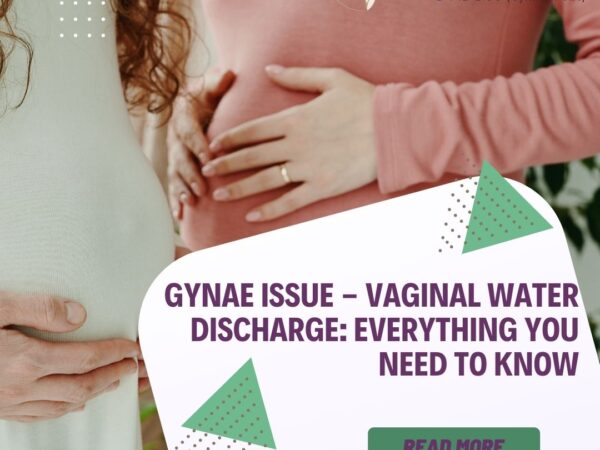
Bloating refers to abdominal distension. It can be very uncomfortable, especially for pregnant women. According to experts, bloating is a common and most unpleasant experience for a pregnant woman. It starts around the 11th week and can last until you deliver the baby.
While it’s normal, too much bloating or extreme discomfort in your stomach can be a cause of concern. Visit the best gynecologist in Hiranandani Hospital Thane to discuss your symptoms and figure out a safe treatment plan for gas issues.
What Causes Bloating During Pregnancy?
Bloating, burping, and excess gas occur due to progesterone—the most crucial hormone for pregnancy. Your digestive system slows down when you are pregnant because of this hormone. Your muscle tissues relax. As a result, your digestive tract takes more time to absorb the essential nutrients from the food and pass it to the bloodstream so that your baby gets the right nutrients.
While this slower digestion is healthy for your baby, it also causes a bloated abdomen and cramps. During the 11th week of pregnancy, your uterus expands and puts extreme pressure on your rectum, which leads to gas.
Sadly, a pregnant woman is likely to experience bloating and other gas symptoms until the delivery. In fact, these symptoms get worse later in your pregnancy because of the rapidly expanding uterus. The good news is you can control the pain, bloating, and gas to some extent.
Get Rid of Bloating and Gas During Pregnancy
You can’t eliminate bloating completely during your pregnancy. However, these preventive measures will help you manage constipation, which will prevent the buildup of gas. Here’s what you can do:
- Stay Hydrated: Bloating occurs because of constipation. Drinking plenty of liquid can keep the food moving in your body, preventing constipation and bloating that occurs later.
- Eat a Fiber-rich Diet: Fiber is a great remedy for constipation. Add leafy greens, wheat bread, fruits, legumes, and other fiber-rich foods to your diet to control constipation. Note that too much fiber can lead to gas, especially if you haven’t had a fiber-rich diet before.
- Consider Smaller Meals: The smaller and frequent meal is an ideal diet plan for pregnant women. The lesser food you have at a sitting, the lower the risk of gas and bloating. Smaller meals give your body sufficient time to absorb the nutrients and pass them to the baby. Not only does it offer the best nourishment to the fetus, but smaller meals keep heartburn and other digestive problems in check.
- Take Smaller Bites: Bloating also occurs when you take larger bites and eat fast. That’s because you swallow air along with the food, which results in bloating and gas. Take time to chew the food properly. Eat at a slow pace. Slow eating and proper chewing improve your digestion, ensuring that your baby gets all the vital nutrients from your meal.
If you are still experiencing abdominal discomfort or excess bloating, get in touch with the best gynecologist in Currae Hospital Thane to establish the best diet routine.


Comments are closed.